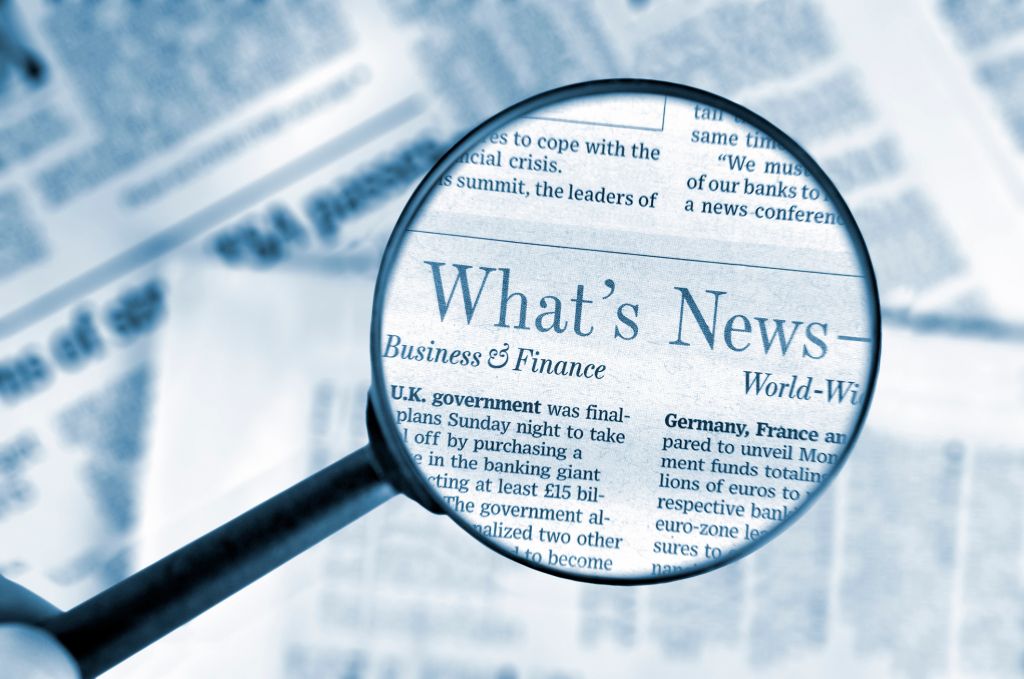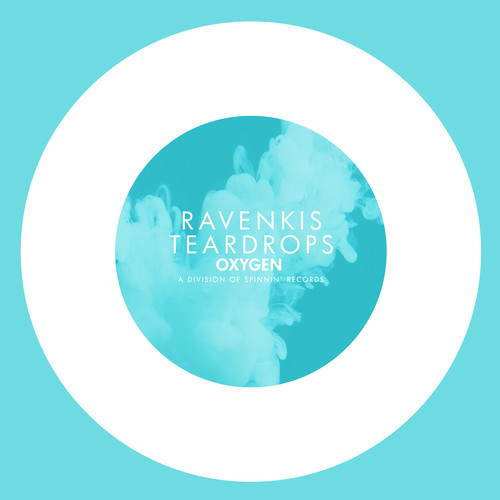-
 play_arrow
play_arrow
Fresh 106 Fresh 106
-
 play_arrow
play_arrow
London Calling Podcast Yana Bolder
Coalition Marks 5th Anniversary of George Floyd’s Murder With New Media Code of Ethics


The media reckoning continues as the nation prepares to mark the five-year anniversary of George Floyd’s murder. A coalition of journalists, media advocates, and experts has launched a new initiative aimed at improving community reporting and ethics in Philadelphia.
“Safer Reporting for Safer Communities: A Code of Ethics for Community Reporting in Philadelphia,” reimagines how journalists, editors, and newsrooms report on public safety.
Emerging from an ongoing effort by the Philadelphia Safer Journalism Project, the code of ethics offers practitioners a comprehensive approach to reporting on public safety and crime. The effort addresses the ongoing need for balanced reporting that accurately and transparently represents the communities covered.
Cassie Owens, New Voices: Philadelphia Program Manager at Free Press, sees the new code of ethics as a part of broader change in the industry.
“Status-quo journalism standards were never designed with Black and Brown communities in mind,” Owens said in a statement. “This recognizes that truth — and moves instead to build new traditions of care, accuracy, and accountability for public safety coverage that centers our communities’ realities, voices, and futures. We want change to sweep across the industry instead of falling on a handful of editors to shoulder this responsibility. We know that won’t lead to long-lasting change, and we want systemic recourse.”
The coalition behind the ethics code offers a clear framework that rejects outdated and often racist and classist notions of objectivity. Research over the years has shown that crime coverage and reporting in so-called “crime beats” often don’t match reality. As a reported beat, it can also drive narratives that lead to more punitive policies. Several news reports claimed there was a rise in organized retail theft, particularly in California. As reported by the Brookings Institute and the Vera Institute, there’s little to no evidence that organized retail theft or retail cartels were real. Yet, California voters cast ballots out of contrived fear and undid progressive criminal justice reforms in the 2024 election.
Similarly, news reports focusing on alleged spikes in crime post-2020 fed into American fears without any nuance or consideration for the harm being caused.
Codes of ethics and other media and journalism standards aren’t new. They ensure continuity and uphold the values of a profession often considered one of the cornerstones of democracy. At a time when people need to build connection and community, having a reparative, human-centered approach can go a long way to improving active listening, community care, and harm reduction.
While there have been incremental reforms, such as removing mugshots, the ethics code outlines meaningful progress. The new approach includes guidance on information and sources to use, different storytelling forms, and recognizing inherent bias. The shift to recognizing bias provides a departure from the centuries-old approach of so-called journalistic objectivity.
Gabriela Watson-Burkett, founder of Inti Media, co-author of these new guidelines, said the efforts focused on “creating practices that center community safety and dignity, and making sure we stay grounded in the values we believe in.”
“My hope is that the code of ethics will serve as a real, practical tool for building trust with our communities,” she said. “This code should be something we can truly use in our day-to-day work, not just an ideal we talk about.”
Journalists, newsrooms, media makers, storytellers, and other creatives are encouraged to sign on to use the standards in their own work.
SEE ALSO:
Commentary: Black Communities Deserve Purpose Driven Media
White Editor Goes Viral For Twitter Thread About Media Racism Black Journalists Face
, The effort addresses the ongoing need for balanced reporting that accurately and transparently represents the communities covered. ,  , Read More, App Feed, News, Newsletter, News Archives – Black America Web, [#item_full_content].
, Read More, App Feed, News, Newsletter, News Archives – Black America Web, [#item_full_content].
Written by: radiofresh106
Similar posts
Featured post

Latest posts

Louisiana Senate Vetoes Retrial Bill For People Convicted By Split Juries

Naval Academy Returns Over 300 Books to Libraries Initially Removed for DEI Concerns

The Combs Twins Graduate From High School – And We’re Cheering Them On From The Sidelines

Coalition Marks 5th Anniversary of George Floyd’s Murder With New Media Code of Ethics

St. Louis Community Takes Charge: Self-Organized Relief Efforts Fill Gaps Left by Federal Delay
Current show

True R&B
For every Show page the timetable is auomatically generated from the schedule, and you can set automatic carousels of Podcasts, Articles and Charts by simply choosing a category. Curabitur id lacus felis. Sed justo mauris, auctor eget tellus nec, pellentesque varius mauris. Sed eu congue nulla, et tincidunt justo. Aliquam semper faucibus odio id varius. Suspendisse varius laoreet sodales.
closeUpcoming shows
Chart
Copyright 2024 Fresh 106 All Rights Reserved










 Invalid license, for more info click here
Invalid license, for more info click here
Post comments (0)